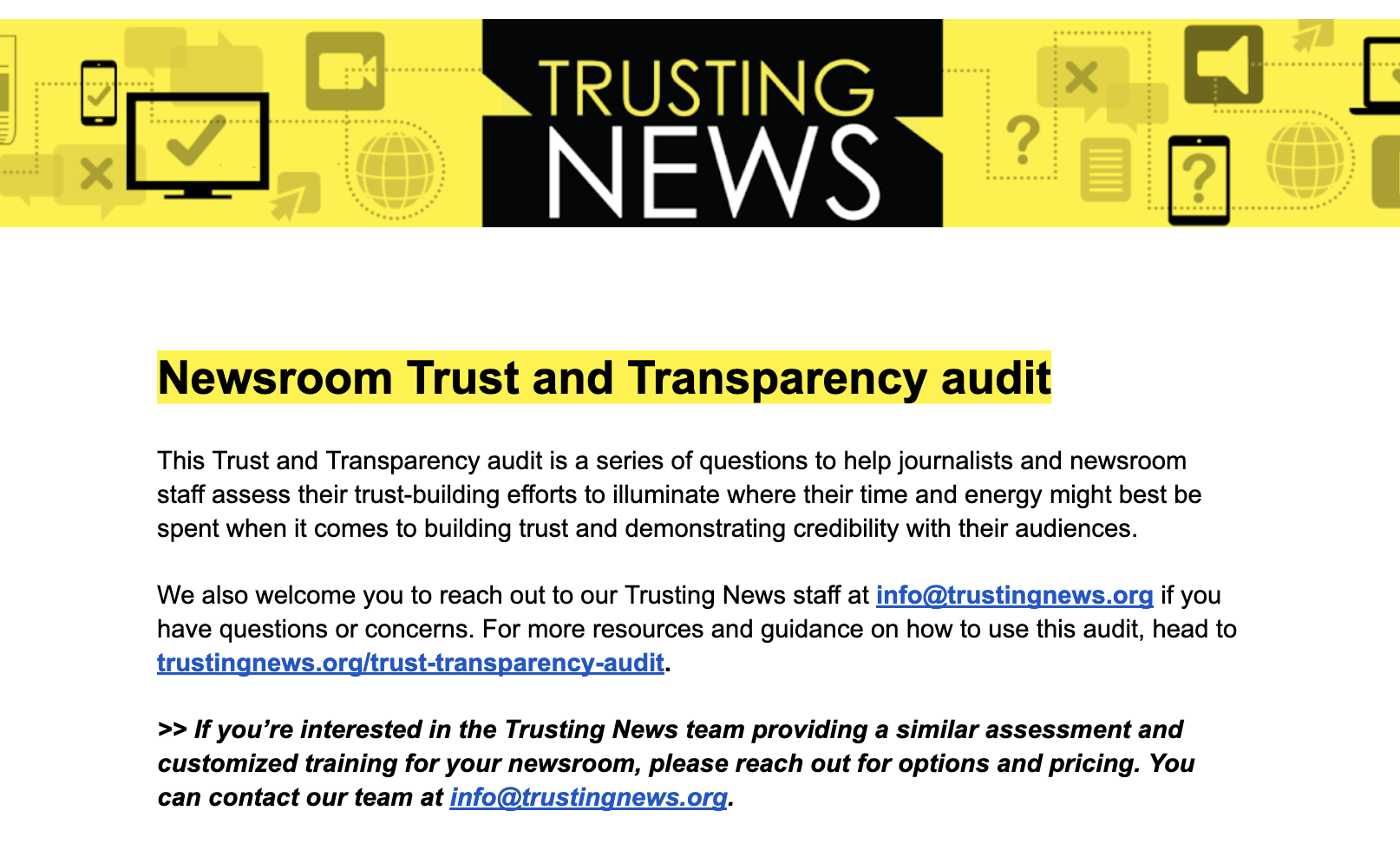 Illustrator: Josh Freydkis
Illustrator: Josh Freydkis
With the Fiduciary Rule in doubt, seeking professional advice on your money remains a dangerous proposition
June 7, 2017 (Bloomberg) -- Your new financial adviser has a well-decorated office, a firm handshake, and a bright smile. After an hourlong meeting, you leave with what you think is a state-of-the-art investment portfolio. You feel financially secure, taken care of.
It’s also possible you’ve made a huge mistake. The White House under President Barack Obama estimated that Americans lose $17 billion a year to conflicts of interest among financial advisers. Wall Street lobbying groups dispute that math -- and they’re right to do so. The actual dollar amount is probably much higher.
A wave of research over the past few years has documented serious problems with how Americans get financial advice. Susan Shaffer, a 70-year-old retiree in Narberth, Pennsylvania, learned this the hard way as she hired and fired multiple advisers over two decades. One chose inappropriate investments, including small-cap stocks. Another put her into funds with huge, back-loaded fees. The third promised to charge just $500 a year, then stuck her with thousands of dollars in commission costs.
Each time, Shaffer did her own research. She took classes, pored over dense account statements, and generally did the work she was paying her adviser for. “You have to keep watching everything. You’re very vulnerable,” said Shaffer, who retired three years ago after a career in the pharmaceutical industry. “Nobody really had my interests at heart.”
Consumers like her say that’s the real problem: Many financial advisers just don’t care what’s best for you. But with an industry awash in misconduct, the bigger issue may be that they aren’t required to care.
(more)
READ MORE: Bloomberg











